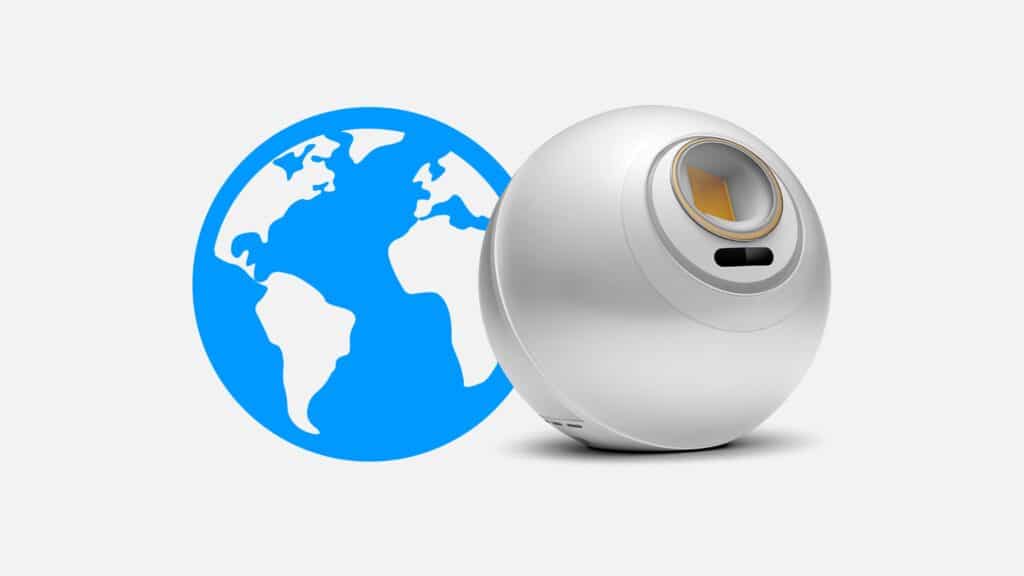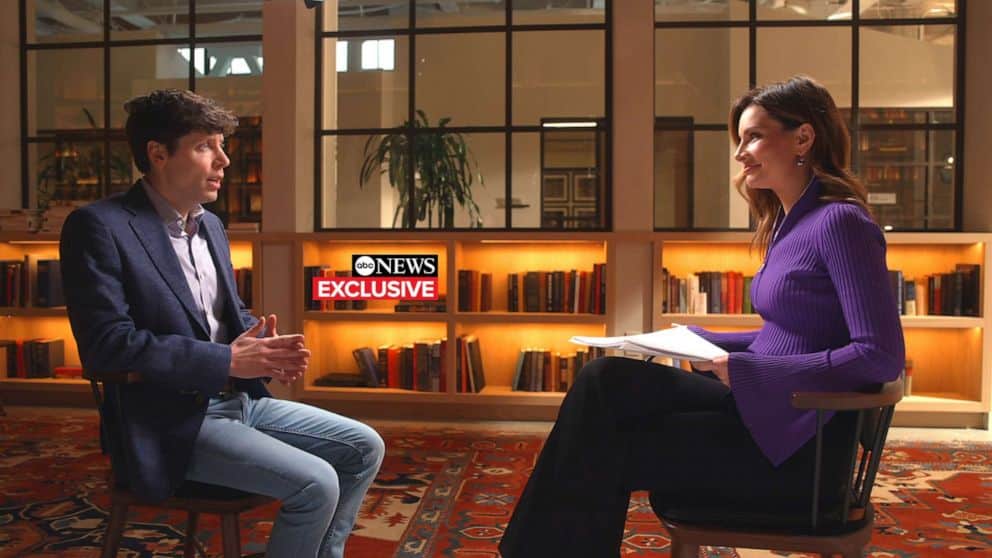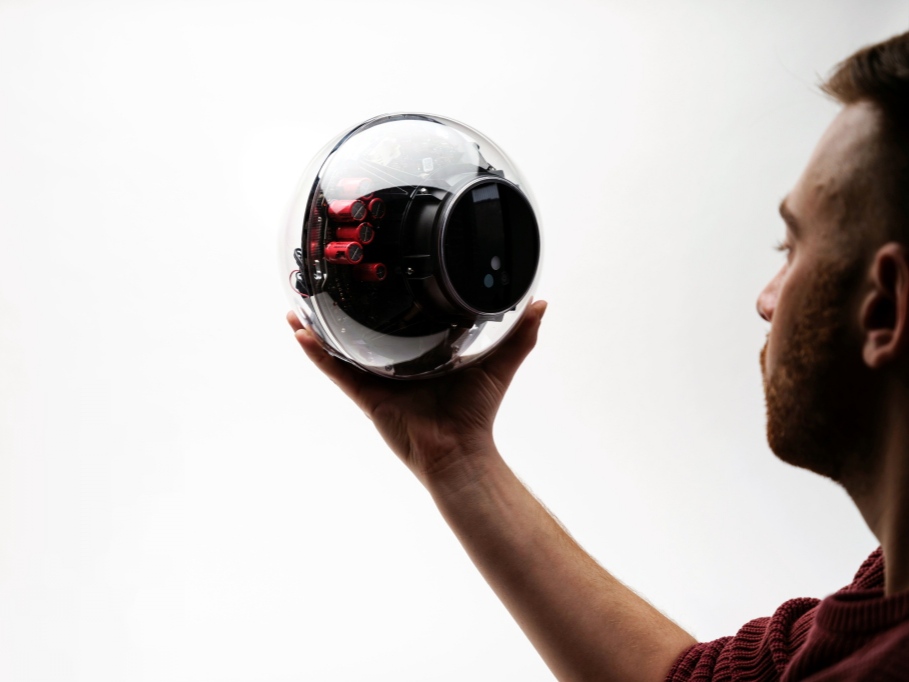Worldcoin, the cryptocurrency started by Sam altman, co-founder and CEO of OpenAI, is quite an ambitious project. It aims to bring cryptocurrency to all individuals on Earth, regardless of social status. A trifle, right?
Yet Worldcoin has gotten significant attention and a lot of funding. Now we need to overcome skepticism and worries.
A look into the future
Worldcoin aims to solve the problem of unique digital identity by using iris scanning as biometric proof. Essentially, the user scans their iris through a specific optical device and receives a unique cryptographic “hash,” which is then used to verify their identity.
An almost infallible mechanism, which has aroused the "appetites" of important investors such as Andreessen Horowitz and Polychain Capital. In addition of course to OpenAI, Altman's company and developer of the GPT language model, which has partnered with Worldcoin to provide technical support.

Worldcoin: progress, successes, promises
Enthusiasm and determination have made Worldcoin make great progress: the project works on interesting AI technologies in verifying human identity and uniqueness. And the benefits promised by Altman are obvious and obvious.
The "universal" cryptocurrency desired by Altman could guarantee universal access to a form of digital currencyregardless of an individual's socioeconomic status. This could lead to greater financial inclusion, especially in regions of the world where access to traditional banking services is limited or non-existent.
Confirm each person's unique identity with the use of biometric data such as iris scanning prevent fraud, improve the security of online transactions e facilitate access to public and private services.
Most of all, Worldcoin could contribute to the creation of a fairer economic system, reducing economic disparities and providing more uniform access to financial services.

So what's wrong?
Despite Worldcoin's ambitions, the project has raised (fair, legitimate) concerns about privacy and security. The idea of collecting biometric data on a global scale raises questions about the security and protection of personal data.
And then, the fact that Worldcoin seems to lack the decentralization principles typical of cryptocurrencies raises further serious doubts.
To overcome these resistances, Worldcoin should implement rigorous security measures, cooperate to comply with all user protection regulations. Practically a Babel, an extremely rough path.
While the idea of a universal cryptocurrency is seductive, it remains to be seen whether Worldcoin will be able to overcome challenges related to privacy, security, and regulatory compliance.


